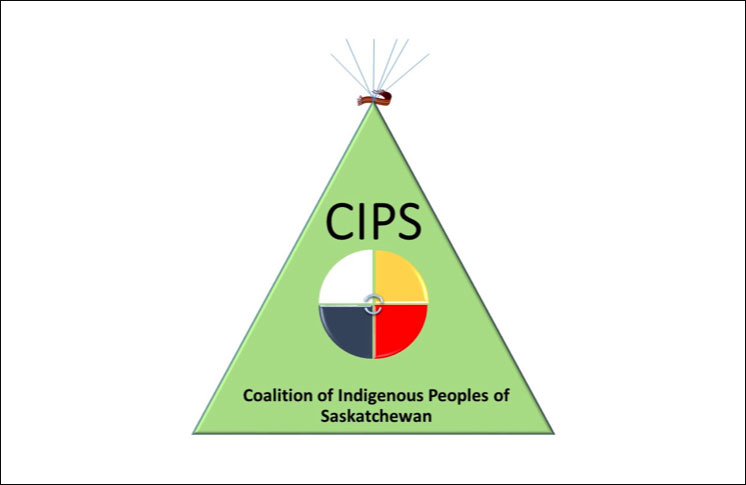
On May 19, 2017, John Hanikenne, recently elected President of the Coalition of Indigenous Peoples of Saskatchewan (CIPS) met with the Honourable Gordon Wyant, Minister of Justice and Attorney General of Saskatchewan. Also in attendance were Kim Beaudin, National Vice Chief of the Congress of Aboriginal Peoples (CAP) and Janet Carrière, Executive Director of the Indian Métis Friendship Centre in Prince Albert. “We want to develop a positive working relationship with the Government of Saskatchewan to deal with a multitude of problems, including the fact that racism and systemic discrimination are still an entrenched part of the justice system in this province,” said President Hanikenne.
In December 2015, the Truth and Reconciliation Commission (TRC) made 94 recommendations and several of them were in the area of provincial jurisdiction: justice; child welfare; education; and health. In regard to the justice issues raised by the TRC, CIPS is calling for the development of a Saskatchewan action plan to deal with the following:
- Reforms to the justice system to better address the needs of offenders with Fetal Alcohol Spectrum Disorder;
- Development of an adequately funded and accessible Indigenous specific victim program and services; and
- Implementation of a Saskatchewan justice system that is consistent with the UN Declaration on the Rights of Indigenous Peoples.
Saskatchewan is failing to develop and implement short and long term plans to modernize its provincial incarceration system and in particular, to end the abhorrent practice of solitary confinement. It’s a well-documented fact that this practice and other torture techniques have no place in a modern prison system organized around resocialization and rehabilitation of offenders. “While Ontario is committed to meeting international standards for confinement and segregation, Saskatchewan is a laggard and we are disturbed that there is no sense of urgency to deal with these problems,” said Kim Beaudin, National Vice Chief of CAP.
In 2012, the UN Committee Against Torture expressed its deep concern at Canada’s use of “solitary confinement, in the forms of disciplinary and administrative segregation, often extensively prolonged, even for a person with mental illness.” Because Canada has endorsed the UN Convention against Torture and Other Cruel, Inhuman or Degrading Treatment and Punishment, as well as the UN Declaration on the Rights of Indigenous Peoples, Saskatchewan has a duty and an obligation to follow international law and the principles set out in these conventions. The taxpayers of Saskatchewan have a justifiable expectation to see progressive change in all stages of the criminal justice system and the end of overrepresentation of Indigenous peoples, especially those who are suffering from mental illness and addictions.
“We are encouraged that Minister Wyant has begun the dialogue with CIPS and we are hopeful that in the months ahead, we can work on practical policy options, as well as coordination leading to change in Saskatchewan’s justice system,” said President Hanikenne.
The CIPS is an Indigenous advocacy organization representing the interests of status and non-status Indians living off-reserve and Métis. Since 2006, our organization has been advocating for the rights and interests of this constituency at provincial and national levels. We are an affiliate member of the Congress of Aboriginal Peoples, which is a national Aboriginal organization based in Ottawa.
For more information contact:
John Hanikenne, President
Coalition of Indigenous Peoples of Saskatchewan
Tel: 306-922-0090








